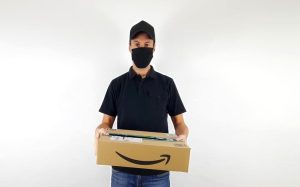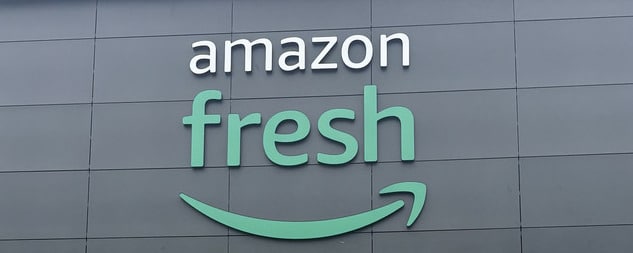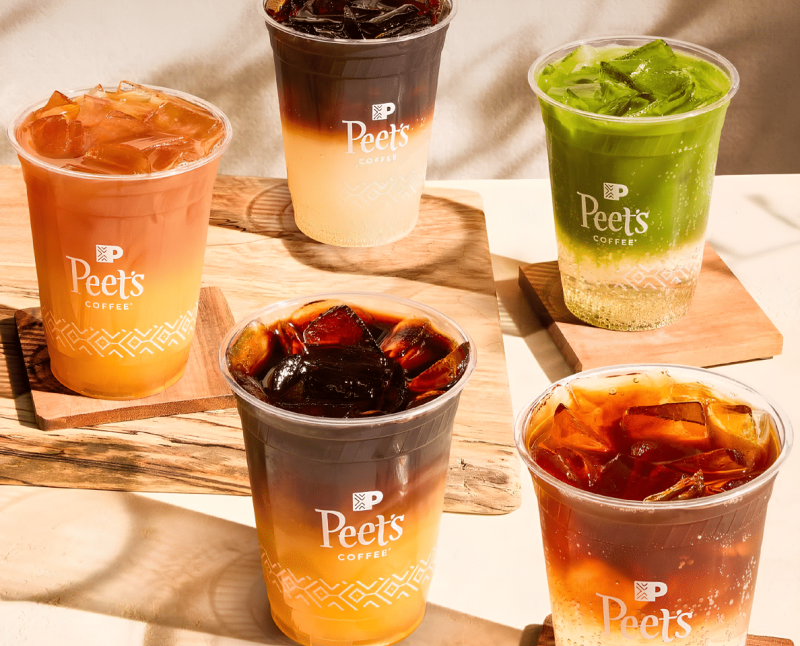The COVID-19 pandemic transformed the world in every way imaginable. Suddenly trapped at home and anxious to interact with others, everyone put on masks and locked their doors. Amazon swooped in to save the day with lightning-speed delivery and 24/7 customer service. Free, next-day delivery is an ideal promise that the company seems to have mastered, but is the fresh food store market too much for Amazon to handle?
The Start of a Worldwide Transformation
Jeff Bezos is now the owner of Amazon and one of the wealthiest men in the world, but he was not always a superstar. He could not have imagined that what began as a small, online bookstore would spark the start of a massive e-commerce company. The Princeton University graduate founded his company, Cadabra, from his garage in 1994 and changed the name to Amazon. Decades later, Bezos’ net worth steadily fluctuates around $200 billion.
Fun fact: Bezos changed the company name from Cadabra to Amazon because the name was too similar to the word “cadaver.”
The Customer Comes First
Bezos made customer service Amazon’s number one priority from the start. “We’ve had three big ideas at Amazon that we’ve stuck with…Put the customer first. Invent. And be patient.”, said the owner in a 2013 interview. “We innovate by starting with the customer and working backwards.” His pursuit of providing the best service to all customers soon came in handy when the e-commerce industry needed a hero.
Everything Delivered During a Global Pandemic

When COVID-19 hit and many people were forced to stay home, Amazon came up with a solution: easily order anything from your phone or computer in minutes. The company’s gift cards and wishlists also provided an easy way to send holiday and birthday gifts when being with friends and family was unsafe. Bezos did more than transform the e-commerce community. He created a community that connected—and continues to connect—people in beautiful ways.
Bezos joined the grocery industry not too long before the COVID-19 pandemic disrupted the world, just in time to explore providing people with groceries delivered to the safety of their homes. He acquired Whole Foods in 2017 for $13.7 billion, and has since expanded its grocery services, including Amazon Fresh, which offers produce delivery and pick-up services.
Is Amazon the New Supermarket?
Shopping in public can be therapeutic for some people or anxiety-inducing for others. Supermarkets make me anxious, and I do not drive, so I will continue to get my groceries delivered or walk to the local market. That is not an option for everyone, and Amazon has tried to adapt to the needs of its customers worldwide.
The future of the company’s physical grocery stores does not look bright, but that does not mean failure. Amazon is now focusing on competing with other food delivery services such as FreshDirect, which is owned by the grocery store Stop & Shop.










